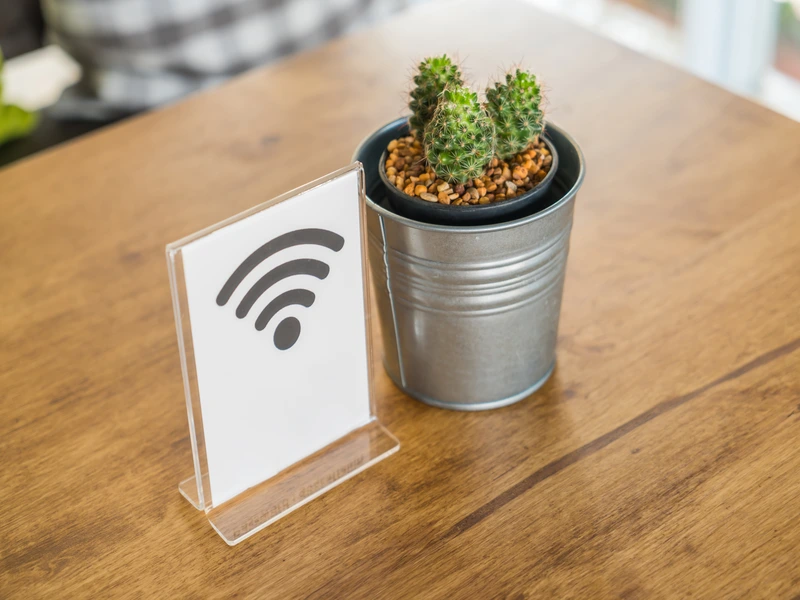- Helium’s community-powered network will help AT&T offer Wi-Fi in stores and public venues.
- The move signals growing adoption of decentralised telecoms and blockchain-backed infrastructure.
What happened: Helium partners with AT&T to power public Wi-Fi using its decentralised network, pushing forward crypto-based telecom infrastructure
The Helium Network, operated by Nova Labs, has partnered with AT&T to extend public Wi-Fi connectivity across selected locations in the United States. The collaboration enables AT&T to tap into Helium’s decentralised wireless infrastructure, specifically its growing Helium Mobile Hotspot network, to provide Wi-Fi in retail stores and public venues.
The partnership is not just about extending coverage — it’s a step towards embedding Web3 infrastructure into traditional telecom services. In the official announcement, Nova Labs CEO Amir Haleem confirmed the pilot includes “select AT&T retail stores” and public locations, using Helium’s community-deployed nodes to support the mobile carrier’s offerings.
Nova Labs, a start-up building decentralised wireless systems, rewards hotspot hosts with cryptocurrency, creating a crypto-incentivised alternative to legacy telecom.
Also Read: Openreach’s fibre network expands to cover half of Scotland
Also Read: Archon expands network services
Why this is important
This marks one of the first real-world use cases where a major telecom provider adopts decentralised, blockchain-powered infrastructure in a meaningful way. For the Helium network. This is a project often criticised for overpromising and underdelivering, this partnership provides legitimacy and a path toward mainstream integration.
The move also reflects growing industry interest in community-driven, cost-efficient infrastructure models. By using Helium’s decentralised nodes, AT&T potentially reduces capital expenditure and gains access to new connectivity zones. As traditional telcos face pressure to cut costs and expand coverage, Helium’s model — where individuals deploy and maintain the infrastructure — offers a disruptive solution.
It also shows how blockchain and telecom are converging. The shift aligns with similar trends, such as DeWi (Decentralised Wireless) initiatives from firms like Pollen Mobile and World Mobile, which are attempting to reshape mobile networks by decentralising ownership and operation.
This partnership with AT&T could push other telecoms to experiment with decentralised infrastructure or risk being left behind.

